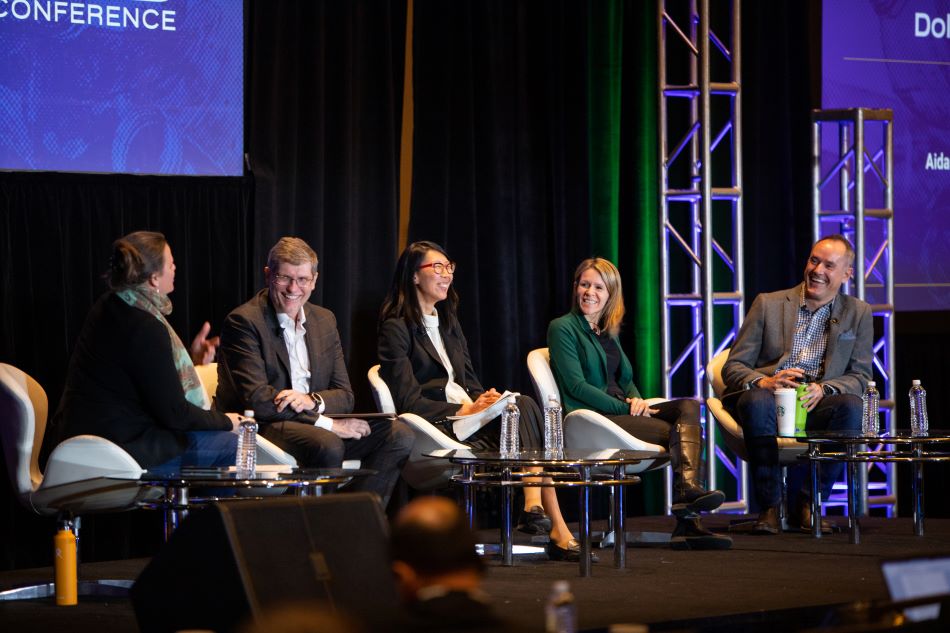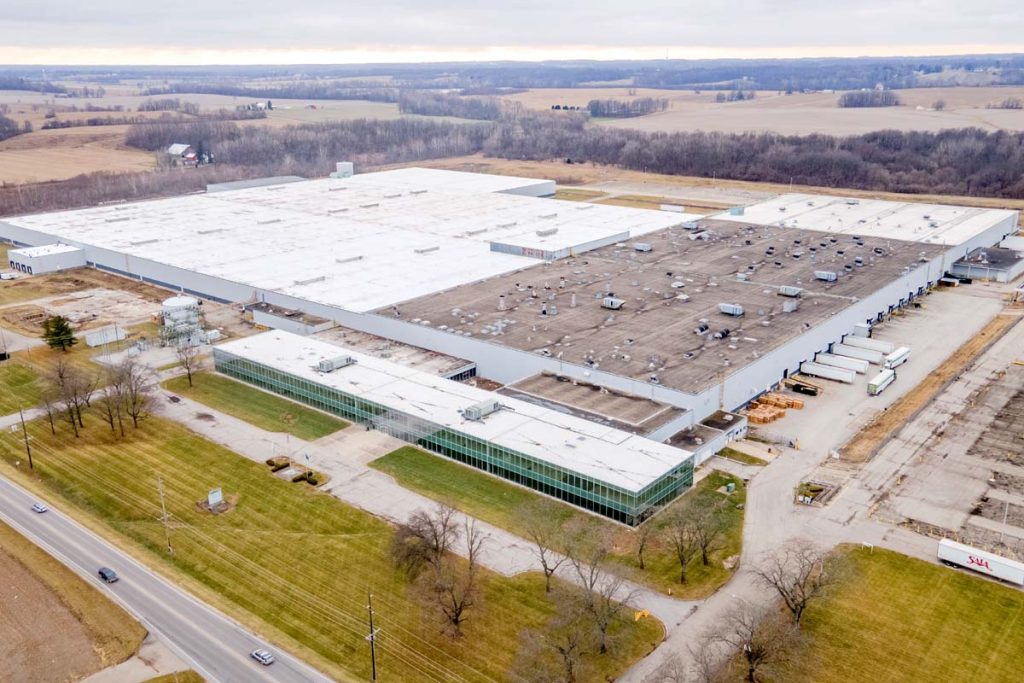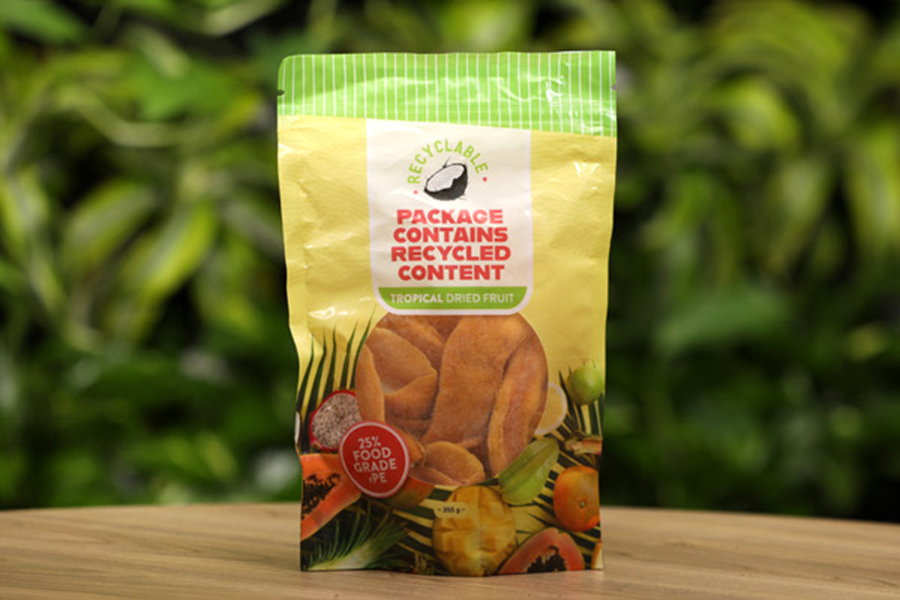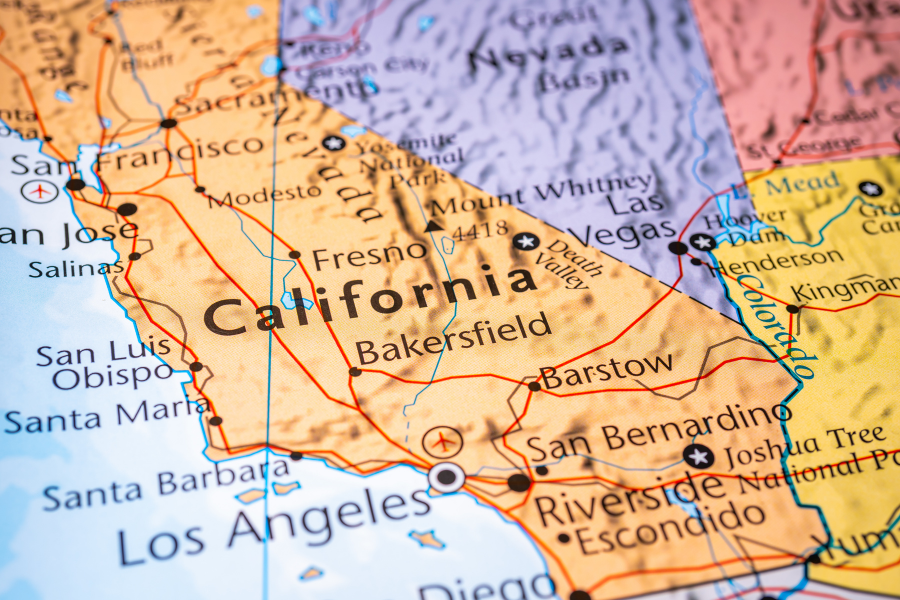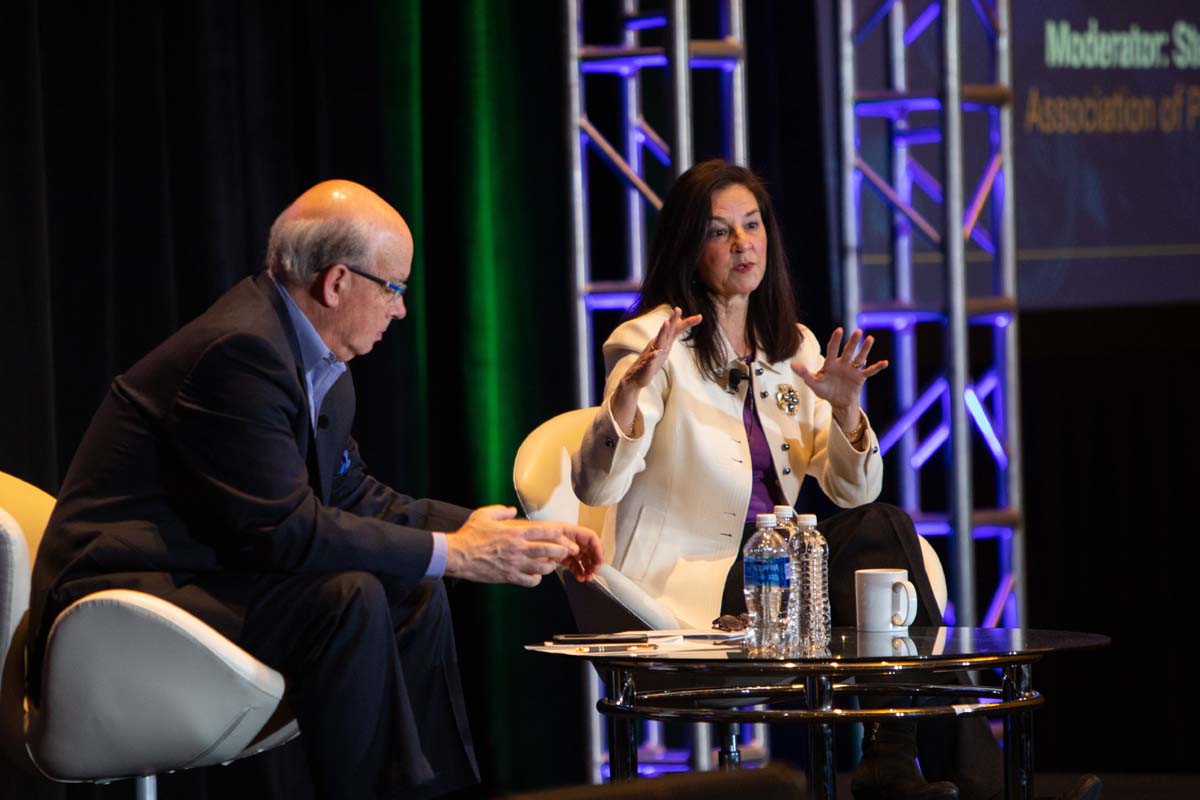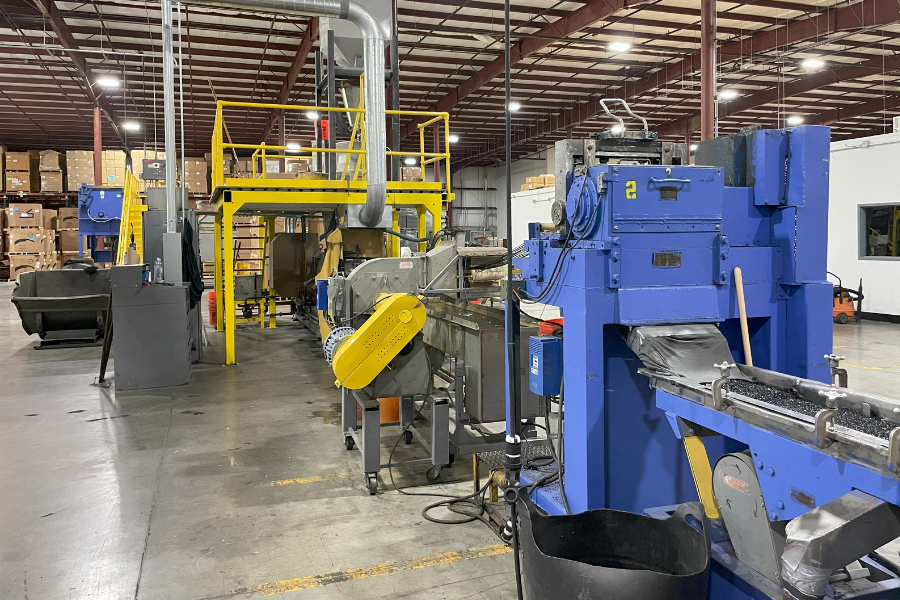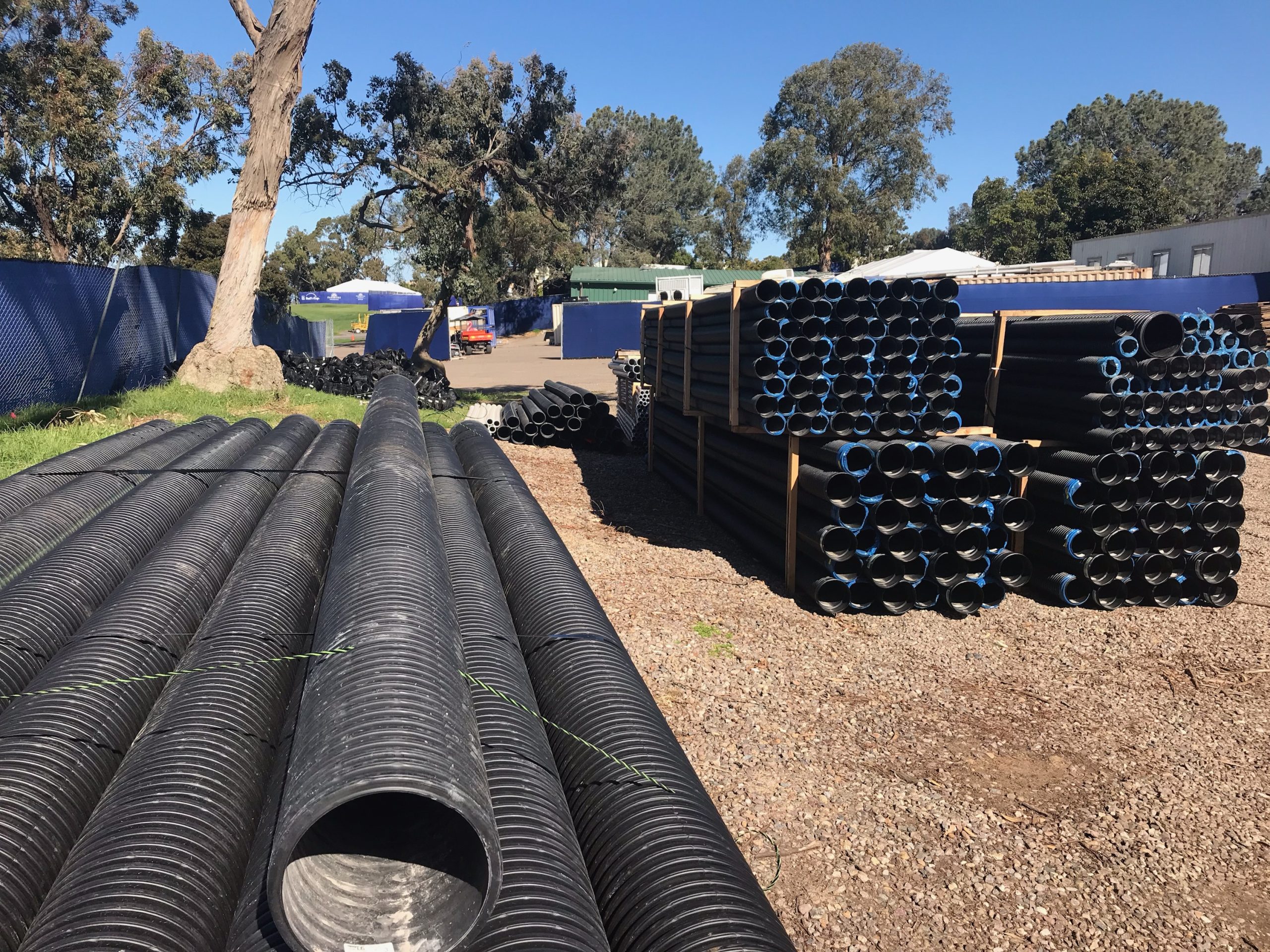
Drainage pipes are a form of infrastructure that already typically include recycled plastic. | Courtesy of Advanced Drainage Systems
Not only should the U.S. try to expand and standardize plastics recycling, but it should also consider using the material in various public infrastructure projects, a report suggested. Continue Reading


